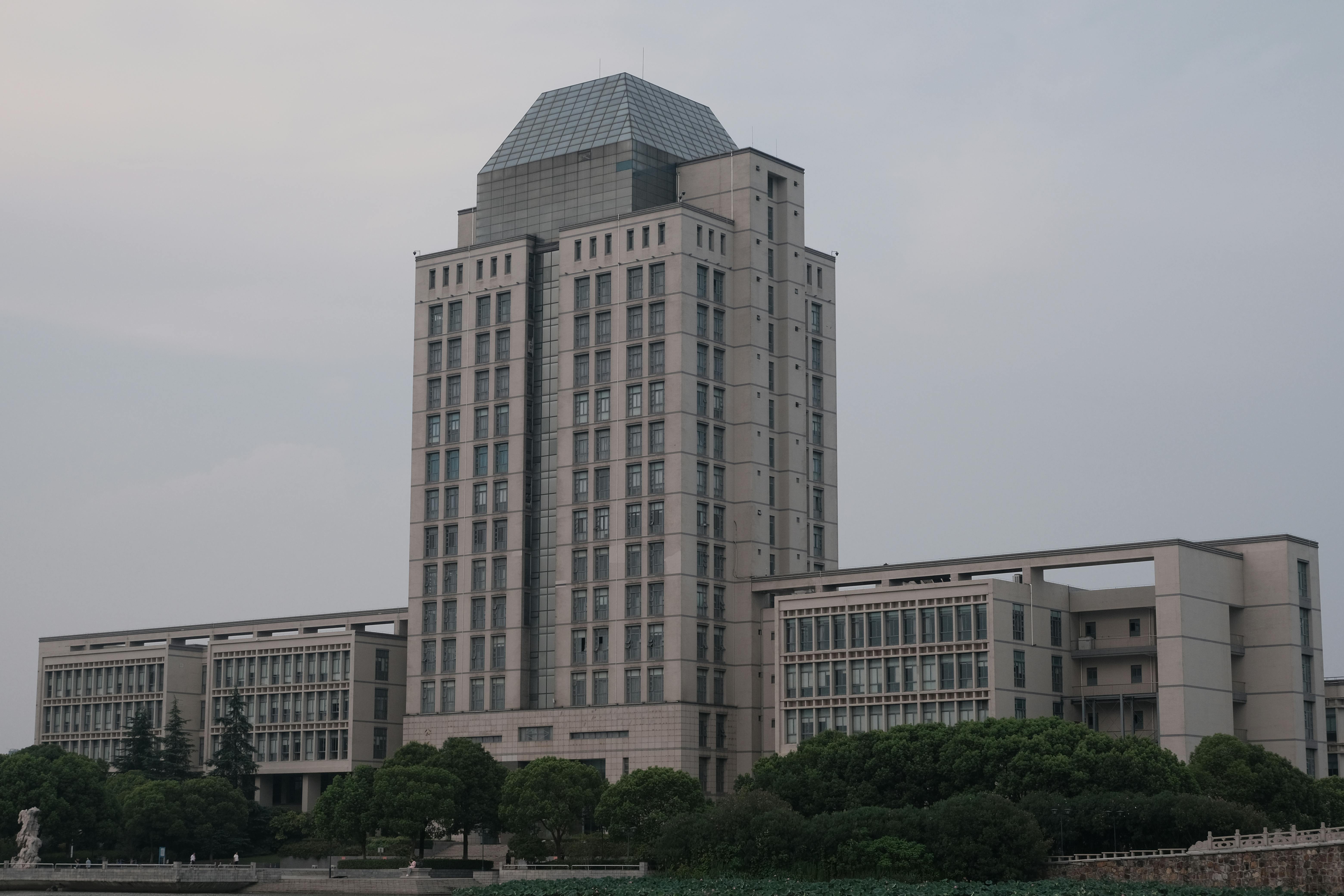The Fierce Four: China's Billion-Dollar AI Startups In The Race To Rival ChatGPT

China has rapidly emerged as an AI powerhouse, with a thriving ecosystem of startups vying to create the next breakthrough in AI technology. Among the hundreds of companies in the race, four startups have risen to the top, each valued at over a billion dollars and leading the charge to rival the success of US-based OpenAI's ChatGPT. Meet the fierce four: Zhipu AI, Moonshot AI, MiniMax, and 01.ai.
Zhipu AI, a spinoff from Beijing's prestigious Tsinghua University, has quickly become China's largest AI startup by headcount, boasting a team of over 800 employees. With a valuation of $2.5 billion based on its latest funding round in March, Zhipu AI has attracted backing from tech giants like Alibaba Cloud, Tencent, and Xiaomi. Founded by Tang Jie, a professor at Tsinghua University, and led by CEO Zhang Peng, a former computer science professor, Zhipu AI has developed a range of AI products, including the Qingyan AI assistant for copywriters and coders, as well as tailored solutions for clients in banking, insurance, and technology sectors.
Hot on Zhipu AI's heels is Moonshot AI, founded by Yang Zhilin, a former student of Tang Jie and an AI researcher with experience at Meta AI and Google Brain. Moonshot AI, also valued at $2.5 billion following a $1 billion funding round led by Alibaba, has quickly gained attention with its chatbot, Kimi. Named after Yang's English name, Kimi has emerged as the closest rival to Baidu's Ernie Bot, with 12.6 million visits in March compared to Ernie Bot's 14.9 million. Praised for its user interface and ability to contextualize content, Kimi has become a victim of its own success, struggling to cope with the surge in demand.
In the world of avatar chatbots, MiniMax has carved out a niche for itself, targeting the world's largest gaming market with anime-themed characters designed to engage and entertain users. Founded by Yan Junjie, a former executive at SenseTime with a background in computer vision, MiniMax has secured a valuation of $2.5 billion following a $600 million funding round in March. By focusing on avatar chatbots, which require less computing power than productivity chatbots, MiniMax has been able to navigate the challenges posed by limited computing resources in the face of US restrictions on advanced chip exports.
Rounding out the fierce four is 01.ai, founded by AI pioneer Kai-Fu Lee, the former president of Google China and founder of Microsoft Research Asia. 01.ai has made waves with its series of open-source models called Yi, tailored for the Chinese market and built on Meta's free-to-adapt Llama architecture. The startup's models have ranked highly on Hugging Face's scoreboards for common sense reasoning, math, coding, and reading ability. With a valuation of $1.2 billion and backing from Lee's own venture capital fund Sinovation Ventures, as well as Alibaba Cloud and Xiaomi, 01.ai is well-positioned to make a significant impact in the AI landscape.
As these four startups continue to grow and innovate, they face both challenges and opportunities. The lack of a clear leader or "killer app" in the Chinese AI market makes it difficult for customers to differentiate between the various offerings. Additionally, US restrictions on advanced chip exports have forced startups to adapt, leveraging open-source models to conserve resources and targeting products that require less computing power. However, the startups benefit from the relatively lower salaries for AI engineers in China compared to the US and Europe, allowing them to attract top talent at a lower cost.
Investors have taken notice of the potential in China's AI startups, with Alibaba emerging as a key backer, looking to replicate the success of Microsoft's investment in OpenAI. However, foreign investors have been more cautious, largely sitting out this round of investments compared to their involvement in previous AI ventures like SenseTime and Megvii.
As the fierce four continue to push the boundaries of AI technology, their rapid growth and commercialization efforts have the potential to shape the future of AI in China and beyond. With a combination of talent, resources, and innovation, these billion-dollar startups are well-positioned to give their US counterparts a run for their money in the race to create the next generation of AI-powered products and services.
World Liberty Seeks Federal Trust Charter
World Liberty Financial, the crypto venture backed by the Trump family, has applied for a US national bank trust charter... Read more
Saudi Banks Tap Overseas Markets
Saudi Arabia’s banks are borrowing from international markets at their fastest pace on record, as lenders try to squar... Read more
Amazon Continues To Cut 16000 Gone
Amazon has announced plans to cut a further 16,000 roles from its corporate workforce, extending the cost and organisati... Read more
The UK May Have A Voice In Ai
Europe’s AI sector has grown accustomed to playing catch-up. Capital has flowed more slowly than in Silicon Valley, va... Read more
Musk Applies Pressure To BT
Britain’s broadband market has spent the past decade locked in a familiar pattern. Incumbents invested heavily in fibr... Read more
Blackrock Sees EMEA Moving Into Private Assets
BlackRock has warned that investors across Europe, the Middle East and Africa are reshaping portfolios in response to wh... Read more

